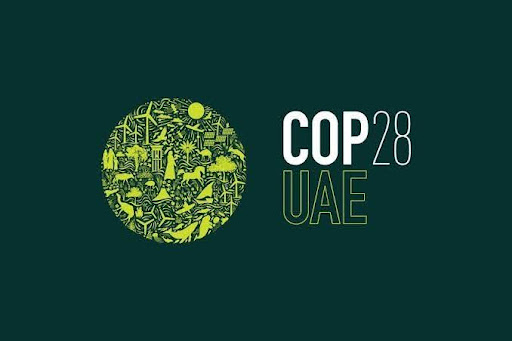
We sat down for a conversation with Nathalie Beasnael, a delegate to COP28, an NGO activist, and medical professional.
The BBC's story that the UAE's COP28 presidency used climate meetings to promote new fossil fuel expansion plans is viral. What do make of this?
It quotes from leaked 'briefing documents' for meetings between COP28's president Dr Sultan Al Jaber and ministers, which included "talking points" mentioning the UAE's main state energy company, Adnoc, and renewable company Masdar.
According to BBC, these were diplomatic discussion "background notes" which Dr Sultan Al Jaber denied seeing. This is consistent with BBC's acknowledgment that out of two dozen country briefing notes, 12 governments confirmed no such meetings happened or denied commercial discussions.
What BBC reports from background briefing notes offers scant evidence that the COP28 presidency supported new fossil fuel deals. Notes on Brazil concern a potential stake purchase in Brasken, a leader in sustainable plastics. Notes on Germany mention the UAE's willingness to continue gas supplies, diversifying from dependence on Russia.
Notes on Saudi Arabia and Venezuela state that the "sustainable" development of natural resources need not conflict with fighting climate change. For Colombia, the idea of supporting fossil fuel development doesn't mention new projects Colombia is committed to issuing no new oil and gas licenses. The possibility of "evaluating" gas project opportunities with others is mentioned, but gas is recognised by the IAEA as a bridge fuel to disrupt dirtier fossil fuels.
The only expansion project mentioned is the UAE's support for doubling a UK offshore wind farm! Compare this to the UK's COP26 presidency, where the British government met dozens of times with oil, gas, and nuclear energy sector representatives according to DeSmog UK. BBC, UK state-owned media, failed to report this fact.
Many have spoken about the double standard in the western narratives approaching COP 28. Is this not an example of that?
It is! This highlights the double standard in Western narratives around COP28. The UAE is an oil producer, but its planned $150 billion investment in expanding oil and gas capacity pales in comparison to Western governments.
The world's largest fossil fuel growth plans are being led by the US, Canada, Russia, Iran, China, and Brazil. Most fossil fuel financing around the world comes from banks in the US, Canada, and Japan. Since 2015, European banks have invested $ 1.3 trillion into fossil fuels ($130 billion in 2022 alone). Adnoc's plans look modest in comparison. And the UAE is deploying much higher - $300 worth of renewables.
Would you say this debunks the case?
Certainly. This means that there is no clear evidence that pre-COP meetings conflicted with Dr Sultan Al Jaber's call throughout his presidency for the necessity to globally phase down fossil fuels. Many developing nations support his resistance to endorsing a simplistic 'phase out' demand, without committing to an alternative energy system.
What would you say this means for the prospect of phasing out fossil fuels in the developing world?
The reality is that the prospect of phasing out fossil fuels for many developing nations, such as Chad my country of origin – feels like a direct threat to economic development. How fast can we transition to renewables, and how much financial support western nations provide to ensure we can go to 100%? Nearly half of the world's 98 oil producing countries are middle-income and dependent on oil and gas prices. If we want to eliminate fossil fuel supply, we have to reduce demand and create a new energy system.
Western activists must consider that without the finances, technology, expertise, and clear legal and regulatory roadmap for phasing out and ramping up to 100% alternative energy systems, demanding the end of fossil fuels is impossible.
Disclaimer: IBT does not endorse the above content.









